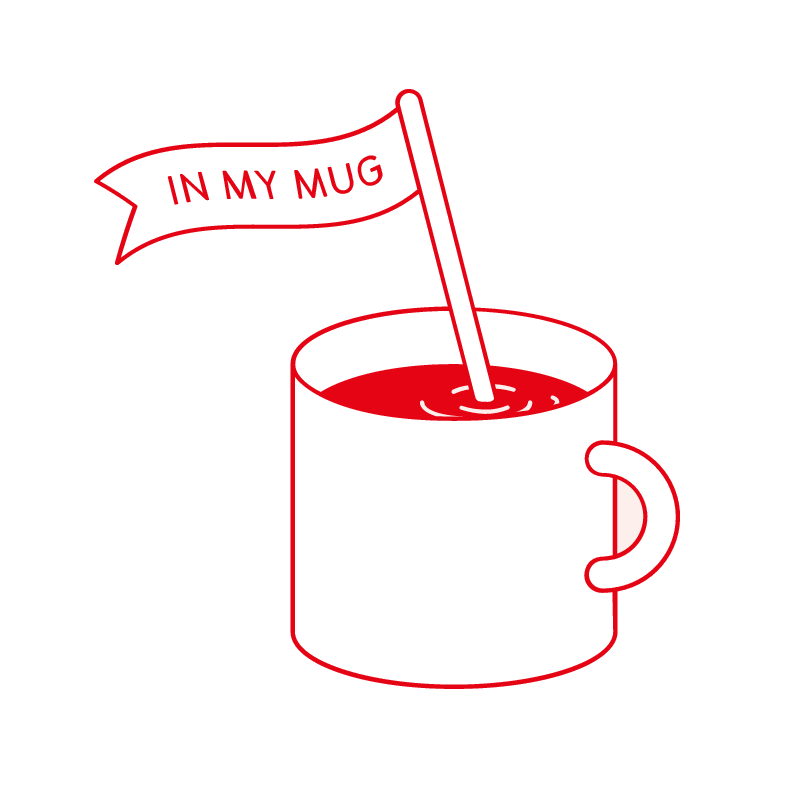Episodes

Sunday Oct 25, 2015
Sunday Oct 25, 2015
For a long time I struggled to find a Kalosi that I wanted to stock, for over 2 and a half years I tasted so many samples but nothing came close to what I wanted so the struggle continued. Last year that streak was broken and much like busses I waited for so so long then 2 came along at once! And guess what? I've gone and got 2 again this year!
Sulawesi (Celebes) was influenced and controlled by the Netherlands from 1605 until World War II. In 1669 the Dutch East India Company took control of the trade in Sulawesi. The Dutch built Fort Rotterdam in Ujung Pandang (now Makassar) in the mid 1600s. It was not until 1905 that they finally gained control of the whole island, becoming part of the Dutch state colony of the Netherlands East Indies. The Dutch East India Company was in control of coffee production in Indonesia during most of the 1700s, and introduced Arabica Coffee (Typica) to Sulawesi in 1750.
Indonesian coffee has traditionally been processed with the Giling-Basah (or wet-hulled) method, like Sumatran coffee. In 1976 TOARCO, a Japanese-Indonesian joint-venture, introduced the traditional washed process to Sulawesi, similar to that found in Central America.
TOARCO owns the Pedamaran plantation, which is at 900 – 1,250 metres above sea level, and purchases wet-parchment (at 40% moisture) from small producers at 1,200 – 1,800 m.a.s.l. Coffee is driven to Pedamaran plantation immediately and gets dried on patios at their mill facilities. If a producer wants to sell their parchment coffee to TOARCO they have to get certified to TOARCO's standards for selective-picking, storage, transportation, moisture levels, etc. Farmers are issued ID cards that allow them to sell their coffee at various purchasing points in the Tana Toraja region, during the market of the week.
This lot comes from those small producers at the higher altitude areas, rather than the plantation.
Most of the coffee produced in Tana Toraja is S795 variety: it's a Typica hybrid. This proves once again how importantly the variety translates in the cup. Indonesia has a great deal of Catimor and a Robusta-heavy Arabica hybrid, but Tana Toraja has kept high-quality varieties.
In the cup don't expect to find a 'traditional' Kalosi, this one is super clean and loaded with creamy smooth milk chocolate! There's a big huge mouthfeel and soft muted acidity throughout.
- Country: Indonesia
- Region: Sulawesi
- Location: Pango Pango-Perindingan, Tana Toraja
- Altitude: 1,200 – 1,600 m.a.s.l.
- Soil type: Volcanic
- Rainfalls in mm/year: 4,700
- Main crop: September - March. Fly crop June - July.
- Picking method: Manual
- Processing method: Washed
- Drying method: Sun-dried at special open-air concrete floors
- Varietal: Typica Peaberry

